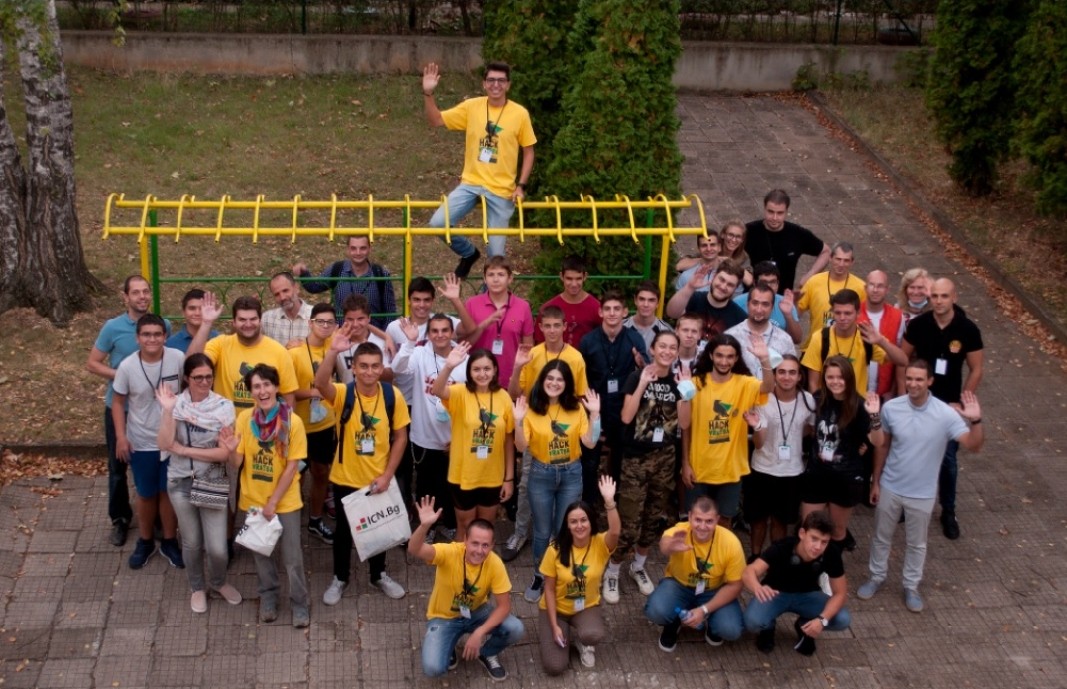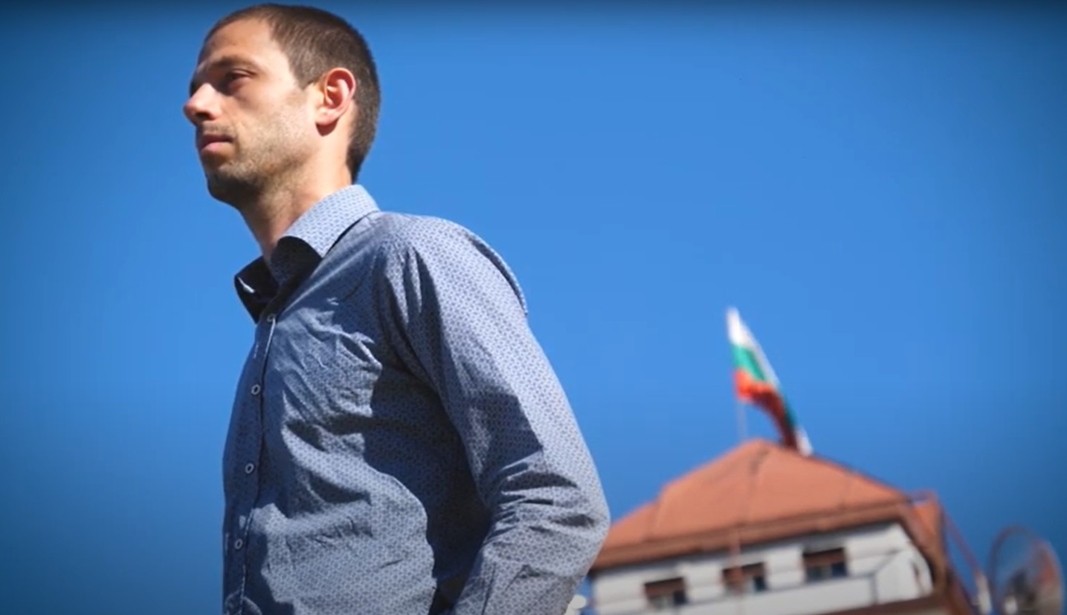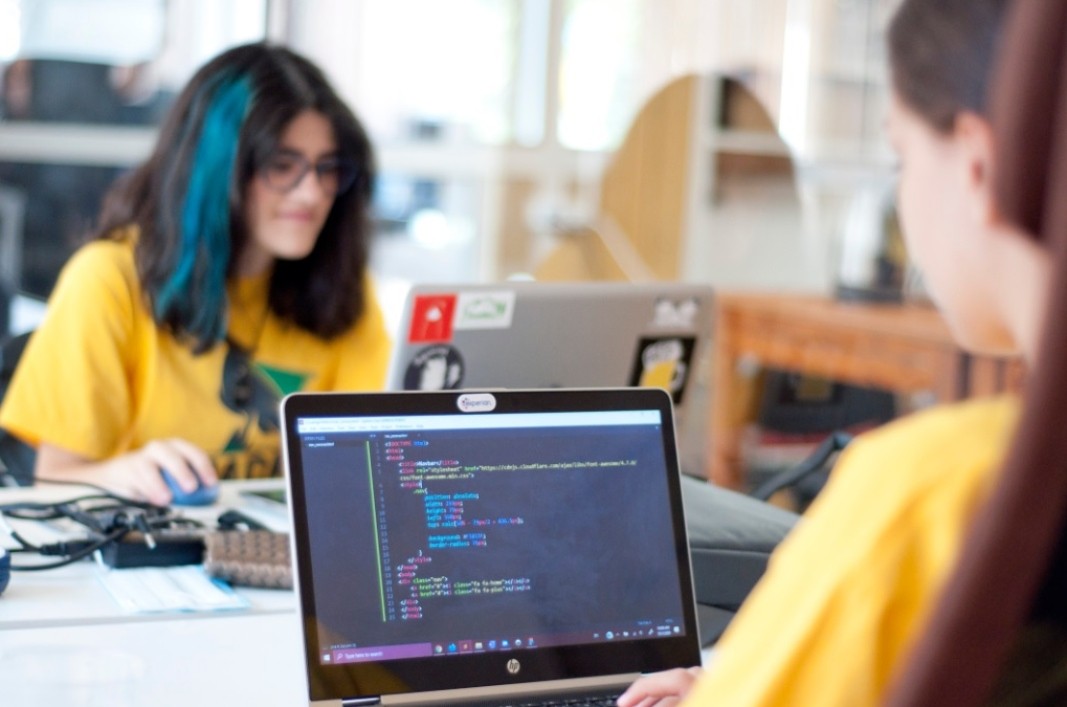In a popular pun, Bulgaria’s poor and backward Northwestern region has for a long time been dubbed “North-run-down” Bulgaria. After the fall of socialism and the decline of agriculture, many left the region in search of a job and a better life. But others tried to find a way out and to invest their potential and efforts into something worthwhile.
More than six years ago a group of young enthusiasts founded the “Vratsa Software Society”. The aim – through quality education to offer more people in Vratsa an opportunity of finding a well-paid job in the dynamic IT sector without leaving the place where they were born. For the purpose, software specialists have been developing training courses for school children, for people out of a job, or people holding jobs but wanting to study programming and start a career in IT. The young members of the team are very proud that in all of these years more than 30 people who have undergone training are working in IT, in Vratsa.

“We started out with a programming course, then we added training in digital marketing, and then design,” says Emilian Kadiyski, one of the founders of the organization. “We discuss the professions that can be practiced in Vratsa – for clients from all over the world. In our day what matters are your capabilities, not where you are, at least not in the digital industry. We are far from achieving any change at a town level but we are a positive example. I am pleased to be here. My family is here. I see the advantages over the big city.”

In 2018 the software society team was awarded the grand prix of the “Worthy Bulgarians” initiative. Emilian Kadiyski’s software company is a leader among the most highly recommended software developers in Eastern Europe for the past year, according to Clutch evaluation and review platform. The people who created the team are now considering working on other regions of the country as well – with the same idea but after expanding their professional and geographic range.
There is an innovative network of programming academies for children and teenagers active on the territory of Vratsa as well – MindHub:

“It is targeted at children aged 6-15 – to learn the basics of programming which will help them develop their logical and analytical thinking,” says Doroteya Vladova, mentor at the academy. “When I see progress, when the parents are happy and the children can’t wait for the next session – that means I have done well. It motivates me to go on with my work. The enthusiasm of the children is important for the future of the young in Vratsa.”
Ivan Strizhlev says Vratsa is looking younger than ever:
“To me it was important to be doing what I have studied for, to be doing what appeals to me,” says Ivan Strizhlev whose job it is to organize training and teambuilding. “Almost as soon as I graduated from university I decided I wanted to stay in Vratsa. I noticed a change in the town – more young people but also the infrastructure and public life had advanced. It isn’t what it used to be. Vratsa is for those who want something different from the dynamic lifestyle of Sofia. It is a good place to raise a family. And now there are better opportunities for development.”

Tihomir Mashov is one more young man who has decided to stay and develop in the biggest town of Northwestern Bulgaria:
“I stayed and I am staying because I think that our part of the country has potential, and it is up to us to develop this potential. We should stop making excuses for ourselves and blaming others. If you want to work you can do it anywhere. I believe that more people will return to the places they were born. The “run-down” Northwest of Bulgaria is going to unfold its potential to become what it has always been historically – a factor of development. I believe that, and from the young faces I see, they believe that too.”
Interviews by BNR-Vidin
Editing by Darina Grigorova
Photos: BGNES, BTA, hack.vratsa.netThe building of the Bulgarian Center in New England, USA, which also houses the Bulgarian School and the Bulgarian Church in Boston, hosts one of the two election commissions in the area. "Pre-voting applications for this election overall..
People with motor and visual disabilities in Bulgaria face numerous difficulties in moving around and in their daily lives. But apart from purely physical obstacles, there are also obstacles at the level of access to information and administrative..
"I vote whenever I can and I'm in a place where there is a way to do it," the world-famous Bulgarian violinist and concertmaster of the Royal Concertgebouw Orchestra in Amsterdam Vesko Panteleev-Eshkenazy proudly tells Radio Bulgaria . And today, without..
There is no exact statistic on the number of Bulgarians living abroad, but a report from the Ministry of Foreign Affairs from last year indicates that..
The program of the Orthodox Book Week offers meetings with authors, publishers and translators of Orthodox books from the last few years. The event is..
The "Kabiyuk" horse breeding farm in the village of Konyovets is the oldest stud farm in Bulgaria, founded in 1864 by Midhat Pasha, the governor of the..

+359 2 9336 661
